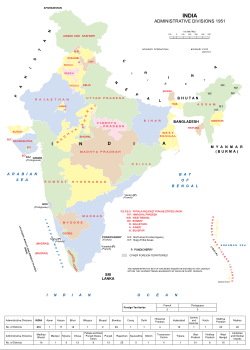| ||||||||||||||||
All 60 seats in the Patiala and East Punjab States Union Legislative Assembly 31 seats needed for a majority | ||||||||||||||||
|---|---|---|---|---|---|---|---|---|---|---|---|---|---|---|---|---|
| Registered | 1,763,531 | |||||||||||||||
| Turnout | 58.93% | |||||||||||||||
| ||||||||||||||||
| ||||||||||||||||

Elections to the Patiala and East Punjab States Union Legislative Assembly were held on 27 March 1952. 374 candidates competed for the 50 constituencies in the Assembly. There were 10 two-member constituencies and 40 single-member constituencies. [1]



